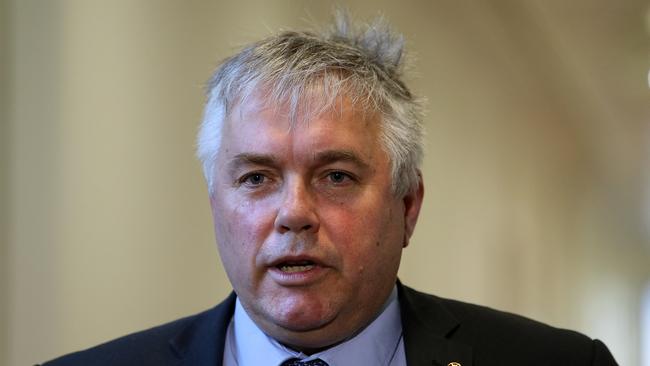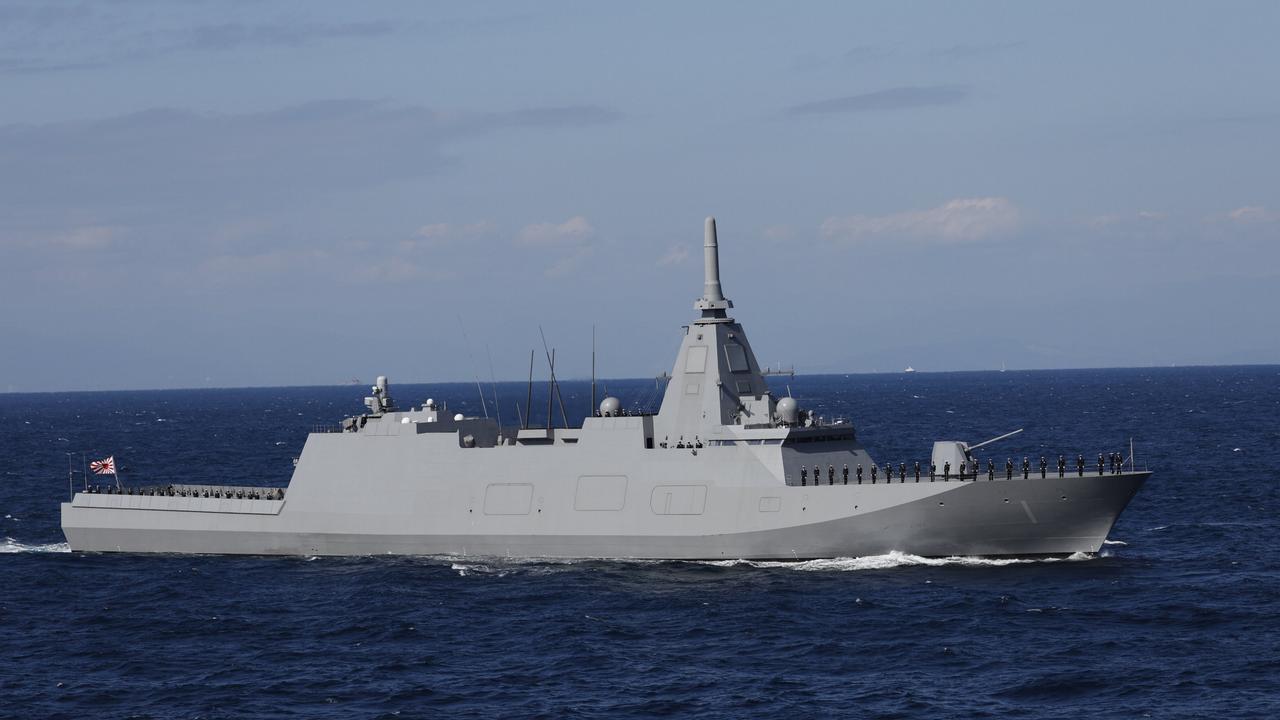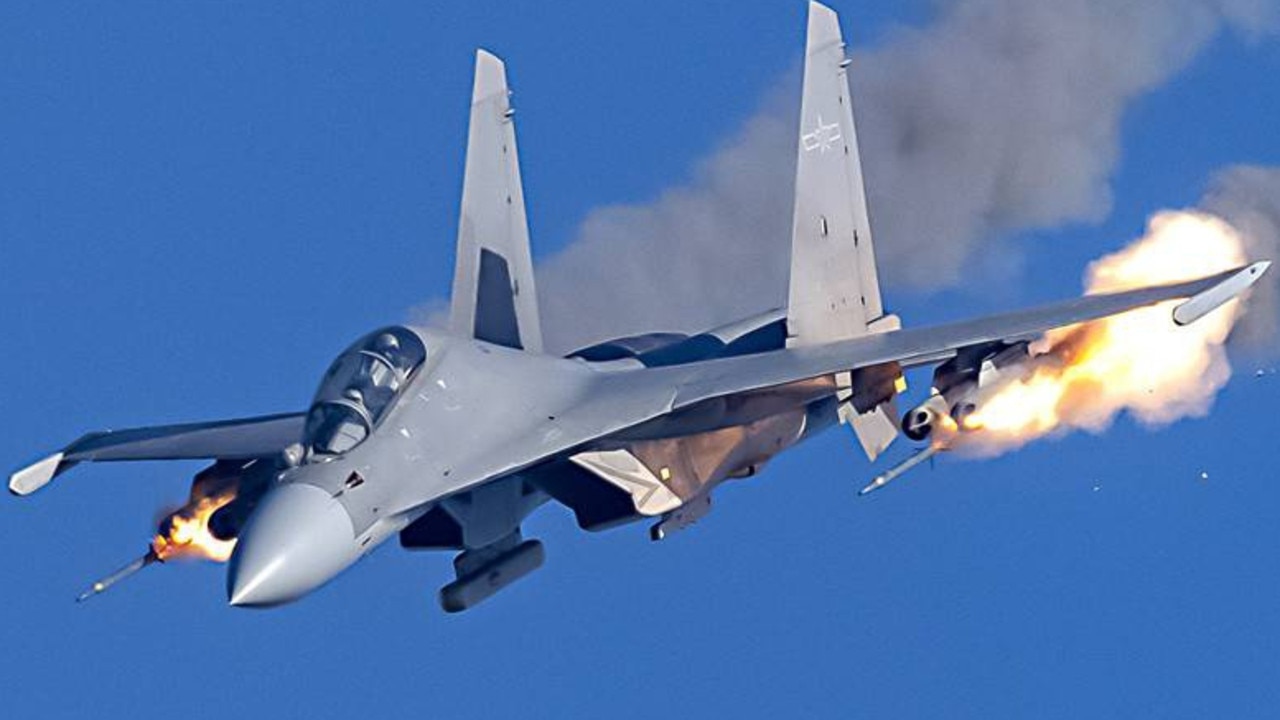Defence ‘cavalier’ with money management
The Defence Department has been accused of having a “cavalier approach” to finances.

Key crossbench senator Rex Patrick has accused the Defence Department of a “cavalier approach” to financial management following revelations of an investigation into allegations that navy contracts held by global giants BAE Systems and Thales had been inflated by tens of millions of dollars.
As The Weekend Australian revealed on Saturday, BAE’s charges including catering, parking and bus hire — many of which sit outside allowable costs in the contract term — are being probed as are additional payments of about $46 million to Thales.
Senator Patrick, who represents the Centre Alliance in South Australia and is a staunch critic of Defence procurement processes, said there should be more scrutiny of a “gravy train” of contracts flowing to multinational contractors. “They (Defence) are not looking after the pennies because the contracts’ value come in at piles of pounds,” he said.
“We need greater transparency … My view is you should always report things against the original budget taken to government and be completely transparent in relation to any overspend.”
A secret internal Defence 2018 audit of part of the navy’s Adelaide-class frigate program raised concerns that BAE was overcharging by up to $4.8m a year, or as much as $33m over the life of the project.
The report questioned a string of expenses including $325,000 for bus hire, more than $252,000 for travel and $55,500 for catering over a four-year period.
Defence has said the amounts were much smaller than those in the 2018 audit.
The last two of the ageing Adelaide frigates are to be decommissioned this year, but keeping the elderly ships up to scratch has been expensive, with BAE’s contract blowing out from $72m to $154m since it was signed in 2008.
Thales’s maintenance contract also ballooned, from $81m in 2014 to a current value of $178m.
Senator Patrick said Defence officials should deploy money as if it were their own, keeping a closer eye on contractors.
“If there is clear stupidity involved, then one has to ask if there are appropriate sanctions for officials, who have a responsibility to achieve value for money and to conduct their core business of contract management professionally,” he said. “Instead of (contractors) taking a hit on the fact they are going over budget, they issue a scope change on the original contract, such that everything appears to be normal — it’s like the Soviet state where everything is always good.”
Senator Patrick wants to see Defence award more work to smaller Australian companies directly, as they were often “screwed down” by the global groups through subcontracting arrangements.
“The large contractors are on the gravy train and they do very well out of these contracts,” he said.
“I’d like to see us go to some of the smaller contractors that are hungrier ... I’d like to see more Australian SMEs being directly contracted by Defence.”


